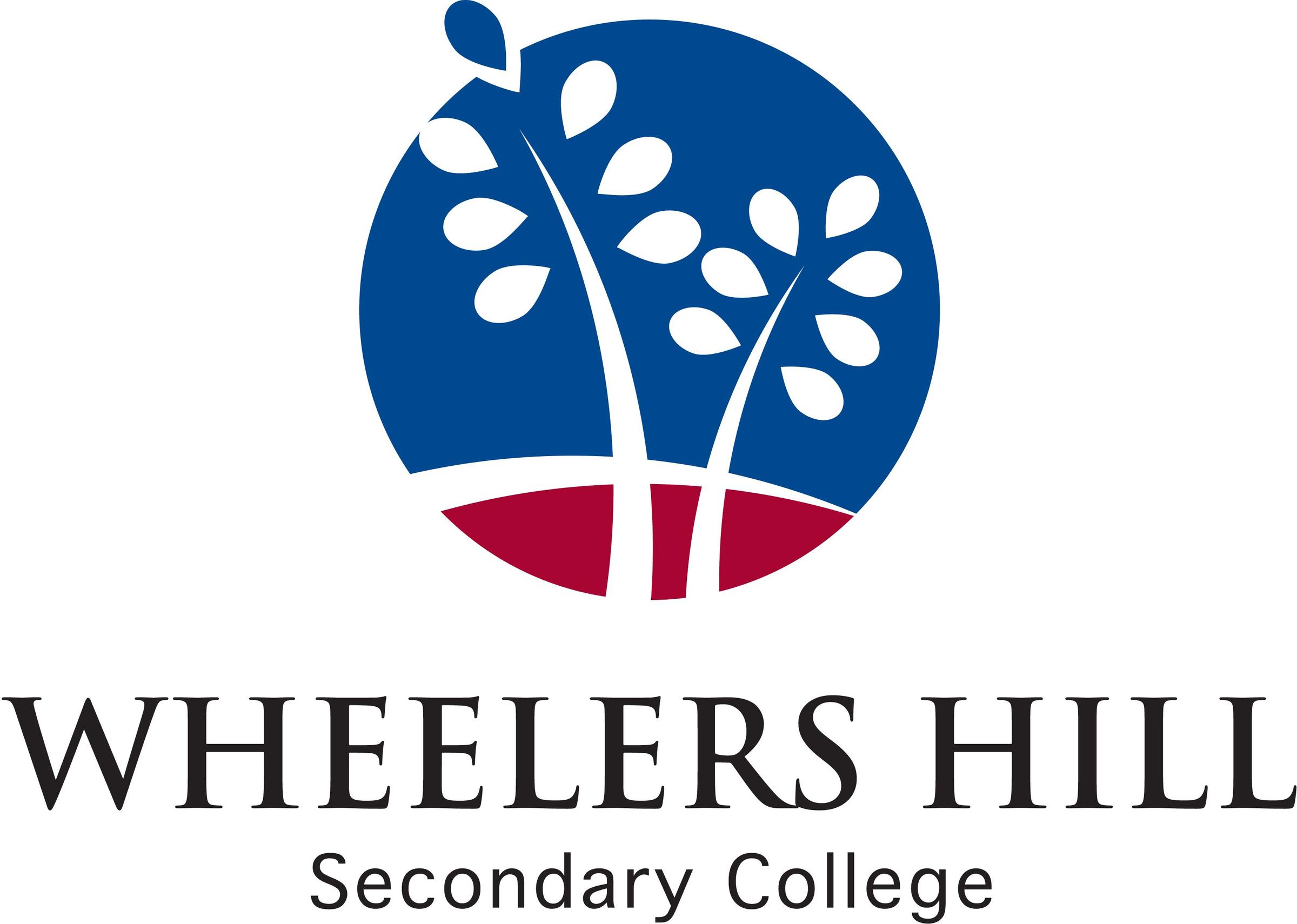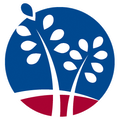Year 9 Community Connections

Community Connections Programs
Semester 1
The Community Connections Program offers students a choice from a diverse range of meaningful units of study relating to developing connections with their community. Key documents such as Towards Victoria as a Learning Community and The Melbourne Declaration on Educational Goals for Young Australians, support closer connections and partnerships with the community as a way of further improving student learning outcomes. This program incurs a $60 cost. In Terms 1 & 2, Year 9 students can choose one of the following options:
Community Art
Students will research existing community arts projects to help develop their own ideas for a community arts project that will be implemented in Term 2. They will liaise with a specific community group to develop a public art project that has been collaboratively designed and planned by students in groups or individually. Students will gain skills in a variety of arts media and will consider the interests and sites appropriate to their community group.
Digital Communication
Students will plan for, design and publish a digital media product that will focus on the awareness of a particular community need. They will explore the use of a range of communication methods including imagery, websites, video, ebooks and animation. They will also investigate the different ways that these media can be published to a broader audience. After their exploration, they will choose a focus method for their community product.
Robotics and Coding
Students will develop their understanding of the practical applications of robotics and automated systems. Using the Lego Mindstorms software and equipment, they will design, build and program their own robots. They will investigate the robotics community and participate actively in this via the Robocup competition. Students will work with younger people by sharing their expertise and running robotics workshop sessions.
Soundscapes
Students will plan for, design and produce soundscapes that focus on demonstrations and installations in a public location as part of the wider community. The learning activities will include the development of creativity, design, ICT, composition and presentation/performance skills, helping students to publish soundscapes to videos, media or other negotiated projects. These projects will be planned in conjunction with the needs of a community group that the students negotiate a working relationship with during Term 1 and will then be carried out during Term 2.
Sports Coaching
Students will develop their knowledge and understanding of what makes an effective coach and design and implement coaching sessions that cater to a range of groups and ability levels within the community. Students will develop skills relating to the planning and implementation of a training session such as identification of skills specific to a chosen sport, lesson plan structure and design factoring in the varied ability levels and using feedback from a range of sources to inform and improve their coaching effectiveness.
Sustainability in the Community
Students will explore the many ways in which our community behaviour becomes more ‘throwaway’ through the increase of fast fashion, fast technology and single use convenience. They will investigate the impact social media has on their behaviour and that of their peers and fellow students. Working with stakeholder groups and organisations, students will build their understanding of the results of this consumer behaviour and investigate different ways that they can enact change within their school community to slow down the use of resources. Students will plan and implement an initiative to rehome, repurpose, reuse, reduce and/or recycle within the college community.
Textiles in the Community
Students will research existing community craft groups to help develop their own ideas for community textiles projects. They will investigate existing Textile artists in Australia and around the world, including Yarn Bombing installations and the successful 100th Anzac Day Poppy project. Organisations like Knit One – Give One (KOGO), Wrapped with Love, Project Linus and Knitting for Injured Wildlife. Students will gain skills in a variety of craft skills like knitting, crochet and hand sewing to create beanies, scarfs, blankets and ‘Softies for Mirabel’, the homeless in Melbourne, knitted penguin jumpers and premature babies.
Toys for the Community
Students will design and create a range of wooden toys which will then be donated to several community groups. Students will develop their own ideas for the wooden toy projects and they will investigate the properties of timber and undertake the safe use of machinery and equipment. Wooden toys are durable and usually last longer than their plastic counterparts and students will conduct a range of testing procedures to verify material characteristics. Students will undertake a range of theory assessments to reflect current safety regulations as well as conduct a research assignment.
Semester 2
Year 9 students will complete the following compulsory units.
Careers
As part of this unit of study, students will further consider what pathway might be suitable for them, and how they might prepare for such a pathway. They will also study topics that will further prepare them for accessing potential employment and / or study options in the future. Activities such as resume preparation, self-development, mapping a career path, preparing for a ‘job interview’, writing applications, site visits to industry and tertiary institutions, listening to guest speakers and gaining an understanding of what qualifications are required for different careers and courses are a feature of this unit of study.
Urban Connections
Urban Connections allows students to participate in studies that will help them develop an understanding of their community, and the sustainability issues that come with living in a major city. As part of a 'Sustainable Cities' unit undertaken by all students, they will visit the City of Melbourne and its surrounds as part of their research and studies. During these visits, students will have the opportunity to further explore and make connections with how the city of Melbourne deals with such issues as energy use, pollution, transport. The students will pick and develop a project which is of interest to them, together with further improving their understanding of how a community can function effectively in the 21st Century.
